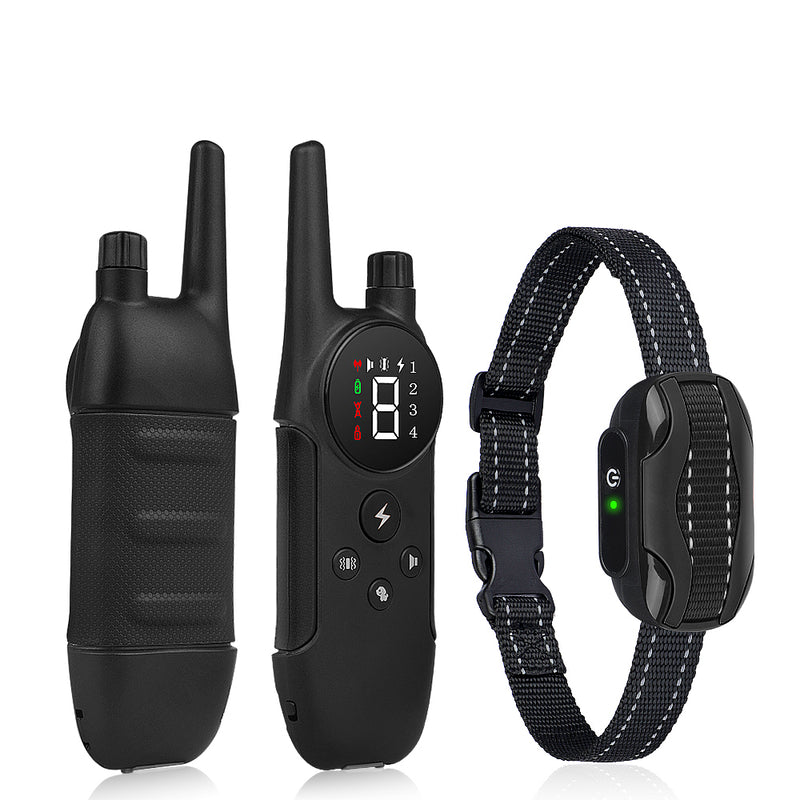Remote Professionals: Enabling Your Work-from-Anywhere Journey
Top Abilities Every Remote Specialist Requirements to Succeed
As remote work proceeds to reshape expert landscapes, understanding the vital skills that contribute to success in this atmosphere is increasingly crucial. Effective interaction, time management, self-motivation, flexibility, and technical effectiveness are fundamental competencies that can significantly impact a remote professional's efficiency.
Reliable Communication Abilities
In today's remote work atmosphere, reliable interaction skills are necessary for success. When groups are spread across different places, the capability to convey ideas plainly and pay attention proactively is extremely important. Strong interaction cultivates partnership, reduces misconceptions, and boosts efficiency.
A key component of reliable interaction is flexibility. Remote professionals should have the ability to customize their communication styles to suit varied target markets, whether with written records, video clip telephone calls, or immediate messaging. Remote Professionals. Clearness in composed communication is particularly vital; succinct emails and well-structured files aid prevent complication and guarantee that messages are understood as planned
In addition, active listening plays a crucial role in remote interactions. By showing listening and asking clarifying inquiries, individuals can construct rapport and trust fund among employee, which is essential for keeping a natural workplace.
Additionally, experience with various interaction tools is important. Efficiency in video clip conferencing systems, job monitoring software application, and collective applications not only boosts communication performance but likewise makes it possible for seamless team effort.

Time Monitoring Strategies
How can remote professionals effectively manage their time in a setting full of distractions and contending priorities? One reliable strategy is the Pomodoro Strategy, which includes breaking work into intervals, generally 25 minutes long, complied with by time-outs. This method boosts focus and decreases burnout, allowing specialists to keep productivity throughout the day.

In addition, setting clear goals and target dates is important. Establishing once a week and daily purposes cultivates responsibility and gives an orientation. Using electronic devices such as task monitoring software program can help with job monitoring and enhance partnership among employee.
Self-Motivation Approaches
Self-motivation is the driving pressure that allows remote specialists to thrive in a versatile workplace. To cultivate this important skill, people can implement a number of efficient methods that foster freedom and performance.
First, establishing clear, possible goals is important. By damaging larger tasks right into smaller sized, workable milestones, remote workers can keep emphasis and experience a sense of success as they progress. This strategy not only enhances motivation but also offers a roadmap for daily activities.
Additionally, establishing a specialized work area can substantially affect self-motivation. An assigned location devoid of distractions aids in developing an expert state of mind, signaling to oneself that it is time to work.
Regularly organizing breaks is one more crucial technique. Brief intermissions assist recharge energy levels and sustain focus, stopping burnout and advertising sustained productivity throughout the day.
Furthermore, leveraging positive reinforcement can boost motivation. Celebrating little victories or gratifying oneself after finishing jobs can produce a positive feedback loop that encourages recurring initiative.
Eventually, taking on these self-motivation techniques equips remote professionals to maintain high levels of productivity and contentment in their work, ensuring they continue to be involved and effective in their roles.
Adaptability and Versatility
Versatility and adaptability are vital attributes for remote experts browsing the ever-changing landscape of remote job. As companies increasingly embrace hybrid versions and changing top priorities, remote employees must be prepared to get used to brand-new conditions with dexterity. This requires a frame of mind that welcomes modification instead of withstands it.
Remote experts frequently deal with varying time zones, varied group dynamics, and evolving project needs. Those that can pivot promptly in action to these difficulties are most likely to maintain performance and foster partnership. Flexibility in organizing can additionally enhance work-life balance, enabling experts to enhance their outcome while fitting personal dedications.
In addition, flexibility expands beyond simple timetable change; it includes a willingness to find out and take on new tools or techniques as they develop. Constant learning and visibility to comments are essential parts that equip remote workers to grow in uncertain environments. By cultivating these skills, remote experts not just boost their very own efficiency yet also contribute favorably to their organizations and groups.
Technical Effectiveness
In the context of remote work, technological efficiency is significantly essential as specialists count on numerous digital devices to facilitate cooperation, interaction, and project management. Mastery of software program applications, cloud systems, and communication tools is essential for smooth operations. This includes familiarity with video clip conferencing tools like Zoom or Microsoft Teams, project administration software such as Asana or Trello, and collective platforms like Google Work space or Slack.
Additionally, technical efficiency encompasses understanding cybersecurity practices, guaranteeing that sensitive info remains safeguarded throughout virtual interactions. Remote experts should also be experienced at fixing usual technical problems, as dependence on technology suggests website here that problems can arise all of Your Domain Name a sudden. This ability not only minimizes downtime however likewise adds to an extra reliable operations.
Additionally, staying updated on emerging innovations and trends in remote work can supply a competitive edge, enabling specialists to leverage new devices that boost efficiency. Generally, technological efficiency is a fundamental skill that empowers remote employees to browse the digital landscape efficiently, ensuring they can add meaningfully to their tasks and groups. In an increasingly electronic globe, this capability is not just beneficial; it is vital for success.
Conclusion
Finally, the successful navigating of remote workplace requires a detailed ability including efficient interaction, proficient time monitoring, robust self-motivation, and the capacity to adjust to changing conditions. In addition, effectiveness in appropriate technical tools is important for maintaining performance and collaboration. By growing these necessary skills, remote professionals can enhance their efficiency, foster favorable communications official website with associates, and ultimately prosper within the developing landscape of remote work.
As remote job continues to improve expert landscapes, understanding the essential skills that add to success in this environment is significantly essential.Flexibility and versatility are essential attributes for remote experts navigating the ever-changing landscape of remote job. By cultivating these skills, remote professionals not only boost their very own efficiency yet also contribute positively to their companies and teams.
In the context of remote work, technical efficiency is increasingly crucial as specialists rely on different electronic devices to facilitate job, cooperation, and communication monitoring. By cultivating these vital skills, remote professionals can boost their efficiency, foster favorable interactions with colleagues, and ultimately flourish within the progressing landscape of remote job.